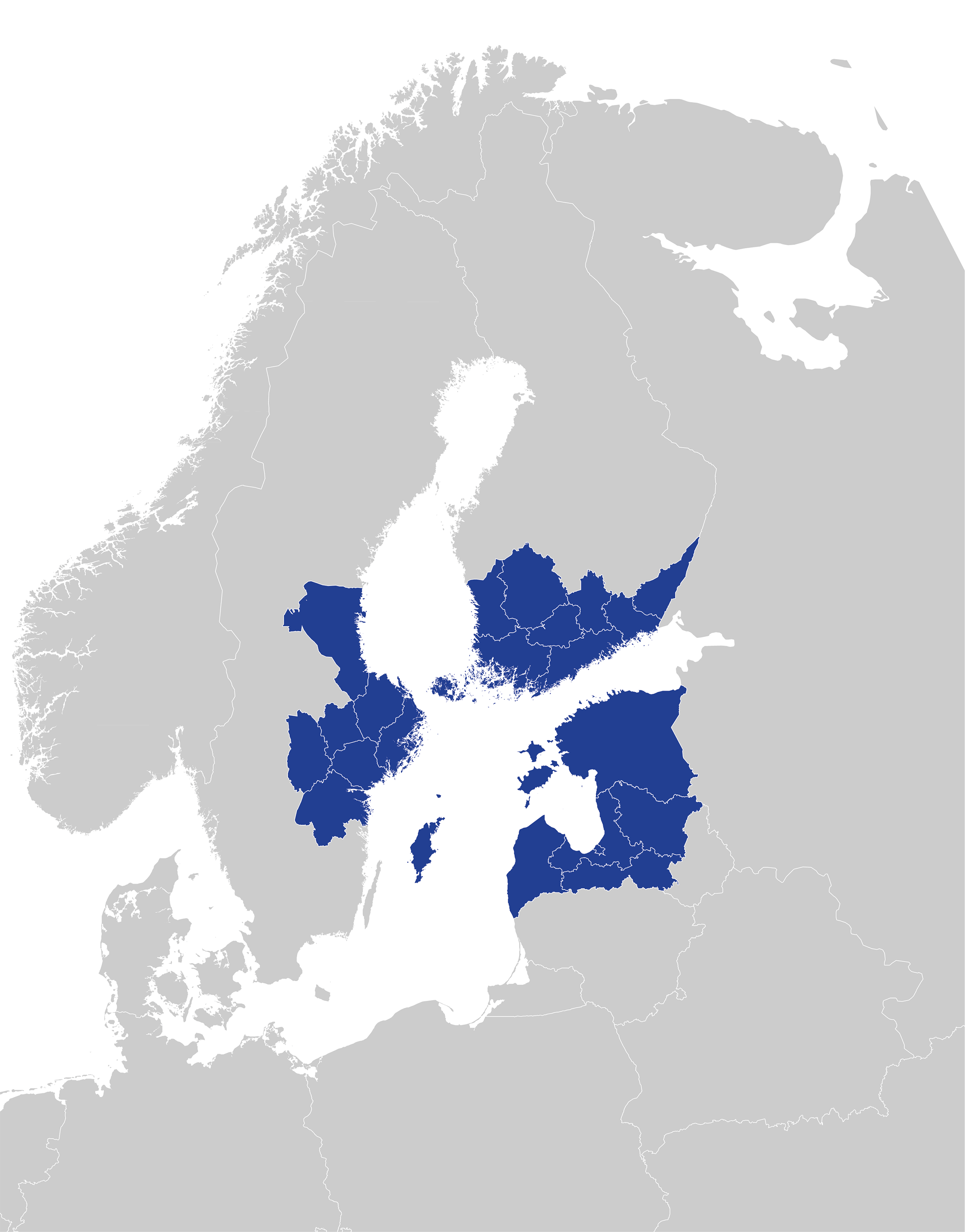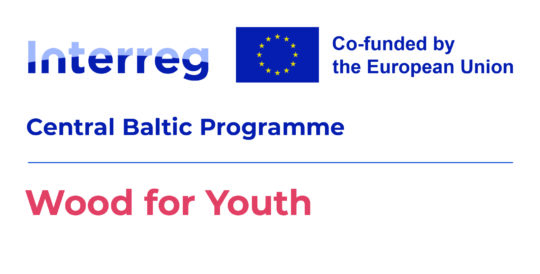This is development site
Wood for Youth
Wood for Youth

Wood for Youth
The project aims at increasing the competitiveness of youngsters at the international construction labour market. The more specific challenge of the project is related to attracting youth to study practical skills that would raise their competitiveness for working at woodhouse manufacturing companies. As the woodhouse manufacturing industry is steadily growing along with the increasing popularity of wood as a sustainable construction material, the industry is in constant need for the skilled labour force.
The construction industry has always had a very traditional approach to education, but it needs to be changed in order to be sustainable and attractive for today’s youth. This requires launching and piloting new learning methods (more engaging, more inclusive) and programs, including internships for hands-on learning of practical skills.
The project team representing the best know-how of the industries and universities of applied science will jointly create training programs based on interactive e-learning and hands-on practical internships and run the programs twice during the project with altogether 150 graduates (ca 50 from Estonia, ca 50 from Finland and ca 50 from Latvia).
In the Wood for Youth project, we strive to produce high-quality teaching material and courses that meet the requirements of a university of applied sciences. Team is aiming to create training program for 30 credit points. As extra, these trainings can be included in other universities and (vocational) schools via microdegree, open course program. As well it’s possible to provide additional credit points and certifications (non-degree).
To train competitive youngsters for the international labour market of the Central Baltic countries, the partners integrate also international standards of woodhouse manufacturing and cross-border internships in the training programs.
All Universities, who are project partners, are working under national legislations and which in turn bases on the European Qualifications Framework for lifelong learning (EQF) and it responds to the International Standard Classification of Education (ISCED) levels 0-7/8. Although vocational schools are not directly project partners, then partners are involving them project as mentors and distributors.
Expected results
The total number of youngsters below 25, who have passed a training course during the project.
The total number consists of ca 50 youngsters from Estonia, ca 50 youngsters from Latvia and ca 50 from Finland.
The training programmes will be run twice during the project in the participating countries: the pilot programme with ca 20 participants in all countries and after making adjustments based on the pilot programme, running the training programmes (ca 30 participants in all three countries) for the 2nd time.
Duration 01.03.2023 - 28.02.2026
Total budget
Programme priority
Improved employment opportunitiesProgramme objective
PO6 - Improved employment opportunities on labour marketLead partner
Estonian Woodhouse AssociationProject News
Project Events
Project Stories






Find Wood for Youth on social media